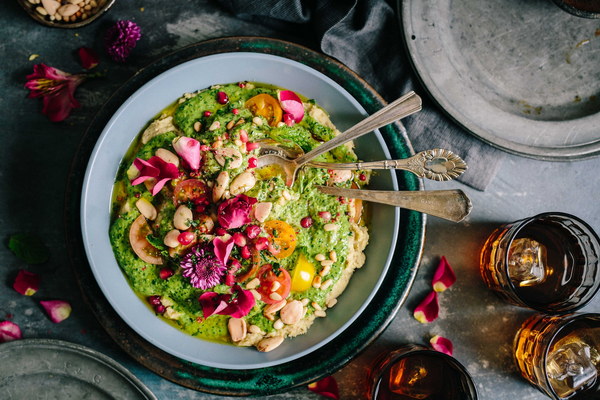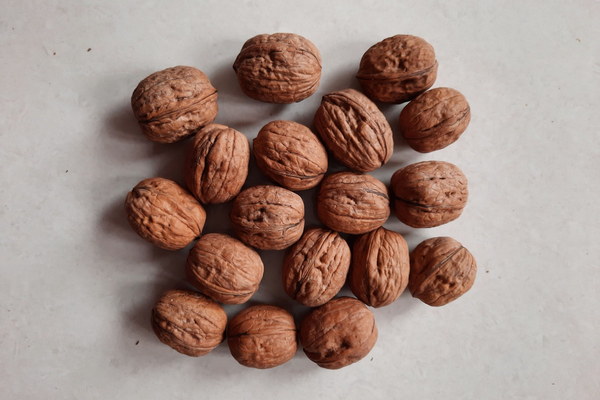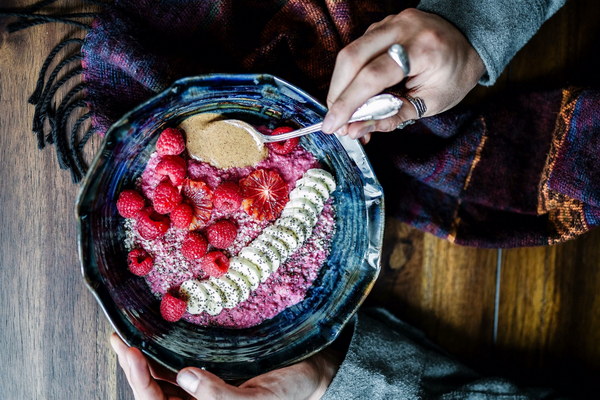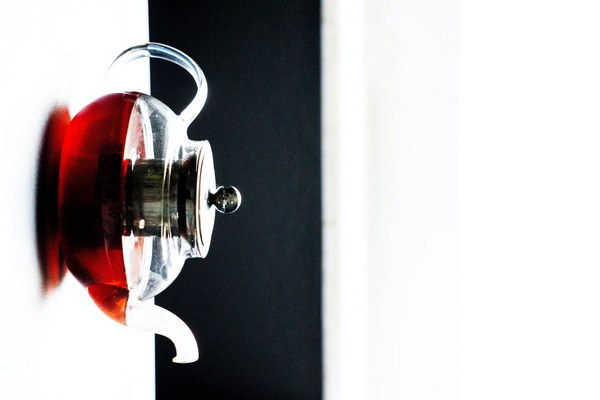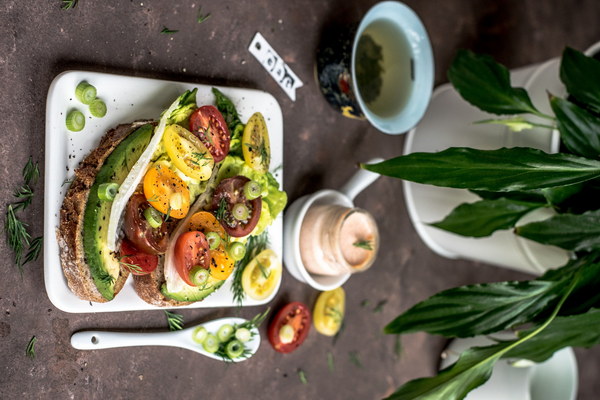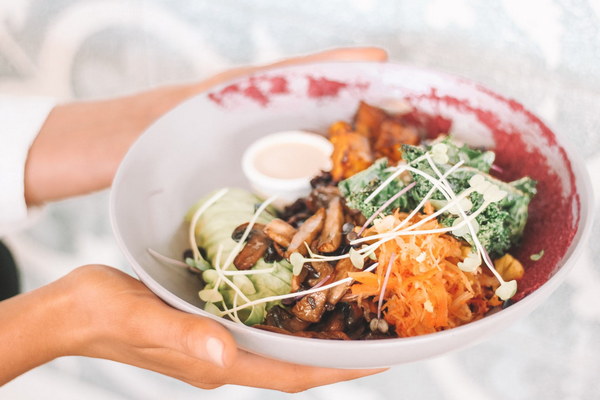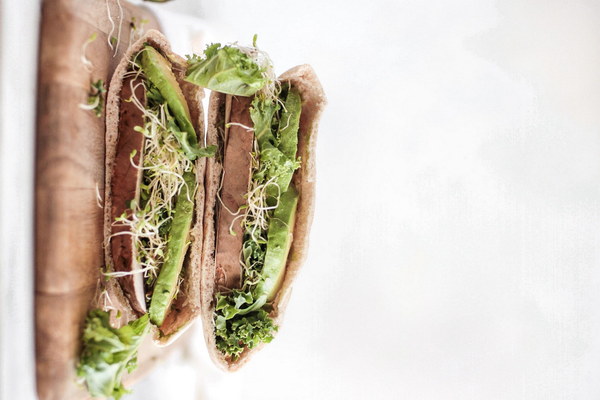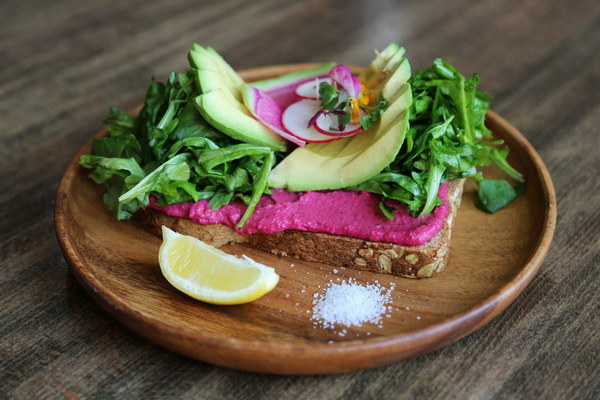Does Dried Lychee Help with Dampness Exploring the Traditional Chinese Medicine Benefits
Dampness, a common concept in Traditional Chinese Medicine (TCM), refers to a condition where the body's fluids become stagnant and lead to various health issues. While modern medicine might not recognize dampness as a standalone condition, many people still turn to TCM for relief from its symptoms. One popular natural remedy in TCM is dried lychee, also known as litchi. But does dried lychee really help with dampness? Let's explore the topic in this article.
Understanding Dampness in TCM
In TCM, dampness is believed to be caused by an imbalance in the body’s Yin and Yang, which can be influenced by factors such as diet, lifestyle, and the environment. Symptoms of dampness include fatigue, bloating, weight gain, joint pain, and digestive issues. TCM practitioners often recommend herbs and foods that can help expel dampness from the body.

Dried Lychee: A Natural Remedy for Dampness?
Dried lychee, a sweet and juicy fruit, has been used in TCM for centuries. According to TCM, dried lychee has properties that can help alleviate dampness, improve digestion, and boost the immune system. Here's how it may contribute to the relief of dampness:
1. Diuretic Properties: Dried lychee is believed to have diuretic properties, which can help the body expel excess fluid and reduce dampness. By doing so, it may alleviate symptoms such as bloating and weight gain.
2. Digestive Aid: TCM practitioners often recommend dried lychee to improve digestion. Since dampness can lead to digestive issues like bloating and constipation, consuming dried lychee may help regulate the digestive system and reduce dampness.
3. Antioxidant and Immune-Boosting Properties: Dried lychee is rich in antioxidants and vitamins, which can help strengthen the immune system and protect against infections. A strong immune system can help prevent dampness from taking hold in the body.
How to Incorporate Dried Lychee into Your Diet
To benefit from the supposed dampness-relieving properties of dried lychee, you can incorporate it into your diet in various ways:
1. Tea: Boil dried lychee with water to make a tea. You can sweeten it with a little honey or add other TCM herbs like ginger or goji berries for additional benefits.
2. Infusion: Soak dried lychee in water overnight, then consume it with the water the next day. This method allows the fruit's properties to seep into the water, making it easier to ingest.
3. Snacking: Eat a handful of dried lychee as a healthy snack. Ensure you consume them in moderation, as they are high in sugar and calories.
4. Cooking: Add dried lychee to stews, soups, or desserts for a unique flavor and potential health benefits.
Safety and Considerations
While dried lychee may offer some relief from dampness, it's important to note that TCM is not a substitute for conventional medical treatment. If you have a chronic health condition or are pregnant, consult with a healthcare professional before trying any new remedies.
Additionally, some people may experience allergic reactions to lychee, so it's essential to be aware of any adverse effects. If you notice symptoms such as itching, swelling, or difficulty breathing after consuming dried lychee, seek medical attention immediately.
In conclusion, while there is limited scientific evidence to support the use of dried lychee for dampness, traditional Chinese medicine suggests that it may help alleviate symptoms associated with dampness. Incorporating dried lychee into your diet can be a delightful and potentially beneficial way to support your health. As always, it's best to consult with a healthcare professional before making any significant changes to your diet or treatment plan.
